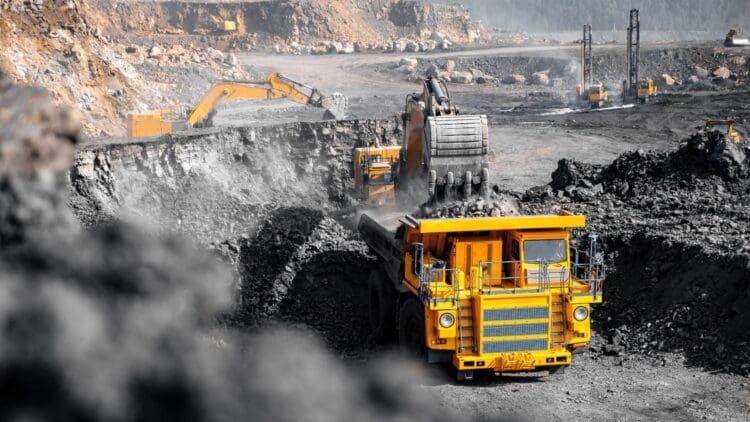Polish officials in Warsaw have granted Jastrzębska Spółka Węglowa (JSW) the required permission to extend its operations at the Borynia coking-coal site to 2042. Poland relies heavily on the site to provide essential capacity to meet the needs of several sectors in the region. The nation has for generations relied on the site to provide employment to the local population while meeting the needs of the energy sector across several nations in Europe and beyond. Despite the efforts of the global community to transition away from coal, it remains essential to the ambitions coming out of Warsaw.
The Polish government has approved the planned extension by JSW
The coal sector is facing an uncertain future in the current state of the global energy sector. Some nations have plans to completely roll back the reliance on coal, while others, like Poland, have allowed significant extensions to projects that keep the coal sector alive and kicking.
The Polish government approved the extension for Jastrzębska Spółka Węglowa (JSW), the largest coking coal producer in Europe, to continue operations at the Borynia coking-coal mine for the next 17 years, providing financial stability to the market as well as employment for the local population.
The decision extends JSW’s ambitions to mine hard coal and methane from the Borynia deposit until the end of 2042. The approval came from the highest-ranking member in the Polish government regarding the energy sector, Krzysztof Halos, Chief Geologist of Poland, Deputy Minister of Climate and Environment.
The Borynia-Zofiówka mine is essential to several sectors in the Polish economy
The Polish economy is not known for its robust ability to generate income; however, the energy sector and the Borynia-Zofiówka mine in particular represent a crucial part of the economy in the region.
The Borynia-Zofiówka mine deposit’s reserves are estimated at almost 40 million tons of high-quality coking coal, which is essential to the steel industry. Additionally, the site also has more than 80 million cubic meters of methane, which can be used for energy purposes.
The government has reported that the project will be carried out in accordance with the conditions set by the decision of the Regional Director of Environmental Protection in Katowice and the agreed development plan. The news is a result of many years of preparation work, of which the key factors included an environmental report and a technical project developed by the Main Mining Institute in Katowice.
Prior to the approval from the government, the application for the extension passed all the necessary approvals, including from the ministers of industry, regional development, and local authorities of Jastrzębie Zdrój and neighboring communes of Pawlowice, Świerkłany, and Mścian. Regulatory barriers are there for a reason, as evidenced by the happenings in China, which has conducted safety checks and oversupply inspections on coal sites.
Jastrzębska Spółka Węglowa (JSW) leadership commented on the approval given by the Polish government by releasing a statement.
“The extension of the Borynia concession is an extremely important decision in terms of the stability of our company’s operations. It allows us to plan production for many years to come and continue to invest with a focus on the future.” – Adam Rozmus, JSW’s Deputy Chairman of the Board for Technical and Operational Affairs
The coal power sector will remain a part of the energy industry for many years to come
Due to the undeniable fact that Poland needs the Borynia-Zofiówka mine to continue operations, the coal sector is not going anywhere, at least not for a while. Other nations on the opposite side of the world have taken a similar approach to the coal sector, allowing and approving huge expansions in the sector. One would imagine that Poland will do everything in its power to foster the renewable energy sector, while relying on the coal sector to pick up the slack during the transition years that are to come in the future.






